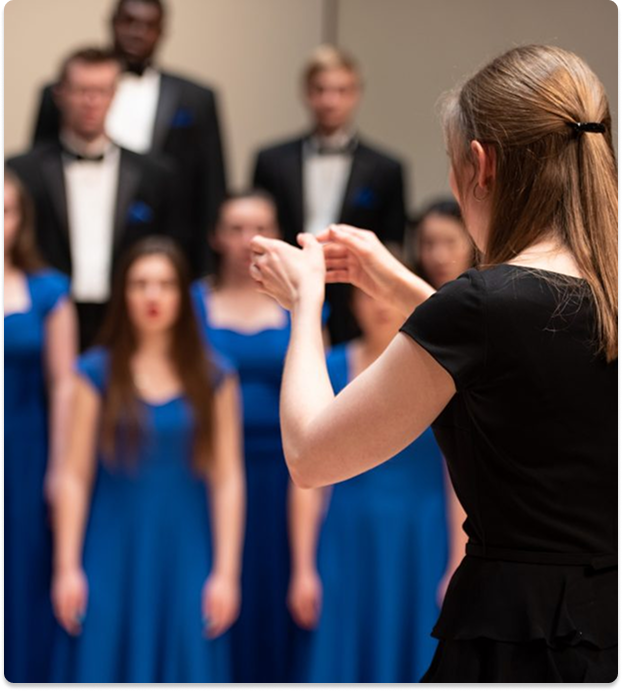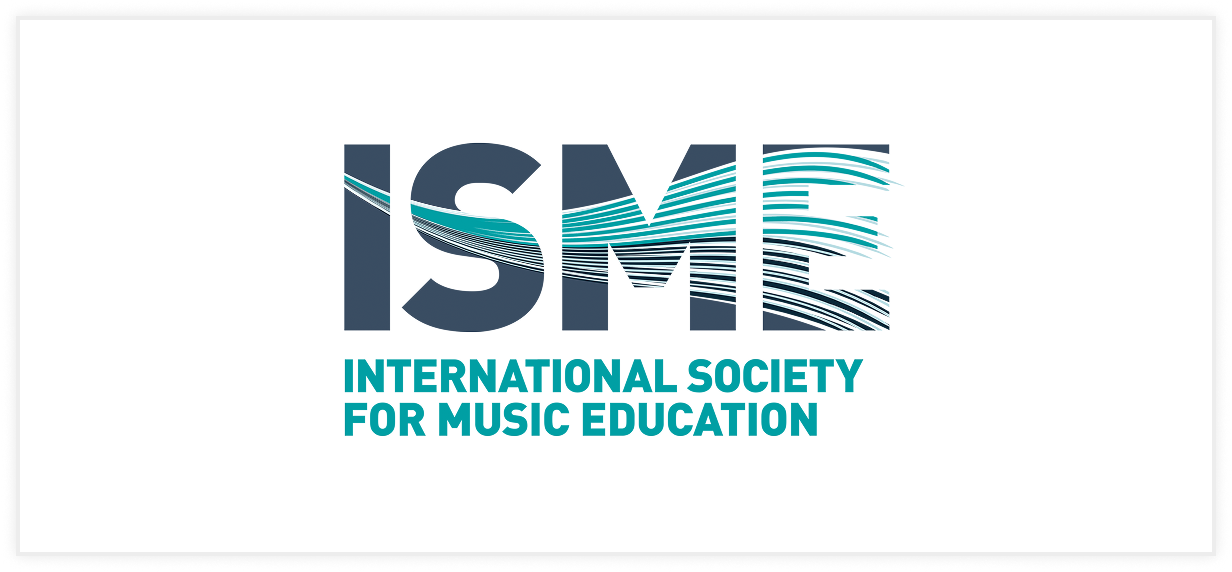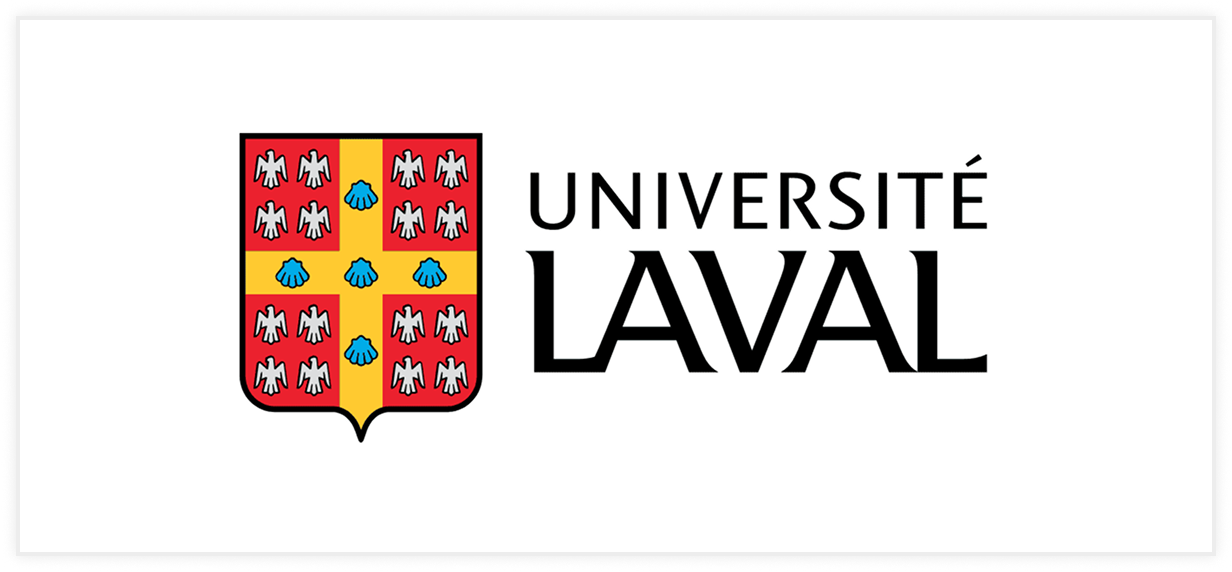INSTRUMENTAL & VOCAL MUSIC TEACHING COMMISSION
21 - 24 July, 2026

Instrumental & Vocal Music Teaching Commission
ISME Commission Pre-Conference Seminar 2026
Theme
Dates
Venue
Canada
Welcome Message from IVMTC Commission Chairs
We will gather to share innovative research in the science and practice of instrumental and vocal music teaching, immersing in myriad approaches to exploring pedagogies, formal/informal learning in one to one and small group learning, and the healthy physiological and psychological needs of learners, inclusion, access and equity and relationally oriented learning that is fundamental to sustained and impactful engagement.
Hosted by Prof Francis Dube and the Music Living Lab, join us in engaging discussion, friendship and community as we explore great research and the city of Quebec together.
IVMTC Chair and Convenor
IVMTC Co-Chair
Welcome Message from Local Host
Host
About Instrumental & Vocal Music Teaching Commission

This IVMT Commission encompasses all aspects of instrumental and vocal teaching and learning that may take place in the home or school, on a one-to-one or small group basis. This is of particular interest to the studio or peripatetic teacher who often works in institutional, business or private practice.
We are concerned with: methods, motivation, teaching/learning relationships between teacher and pupil, the physiological and psychological needs of musicians including performance anxiety, assessment, small group teaching, teaching adult beginners, teaching students with diverse needs, teaching and learning science relating to the all-round development of the performer
Mission
The Commission views the opportunity for all persons, young and old, to learn an instrument or to sing, as an enrichment of the quality of life. It holds as a central value the dignity of the profession of instrumental and vocal music teaching. It is designed to reflect equally the general areas of individualized or group instruction in keyboard, wind, string and percussion instruments, and voice.
Aim:
Investigate methods and practices of teaching instrumental or vocal students in the diverse contexts of global music making Explore and discuss relevant research that could assist instrumental/vocal teachers
To these ends it seeks to enter into dialogue with instrumental and
vocal teachers with a view to:
- Celebrating and promoting the profession of the instrumental and vocal teacher.
- Championing the rights of all to quality instrumental/vocal training.
- Promoting recognition of the unique value of the instrumental/vocal teaching profession within the local and national community.
- Advocating for greater governmental appreciation, recognition and support for the value of music teaching and learning to the well-being of citizens.
- Recognizing the many methods and processes used by teachers in various societies and cultures.
- Encouraging the development of innovative approaches to beginning instruction for children and adult learners
- Providing an international perspective on common issues within instrumental and vocal music teaching and learning.
- Providing a focus on music teaching and learning regarding practice and research pertaining to physiological and psychological needs, the development of efficient technique, musicality, and cognitive enhancement of motivation, self-efficacy, healthy practice, and performance optimization.
- Embracing aspects of inclusion, access an equity in the instrumental/vocal teaching profession, including diverse learner needs
- Serving as liaison between professional groups of instrumental/vocal teachers.
- Defining and exploring potential overlapping content and subject matter areas, and the overlapping of formal and informal approaches to teaching
- Facilitating the exchange of information on the practice, professional development, methodology and available resources of the instrumental and vocal teacher.
- Promoting ethical principles for teaching and learning relationships which establish a culture of mutual respect between teachers and learners.
Activity
IVMTC accomplishes its mission through holding symposia and regional conferences, often in partnership with scholars inside and outside ISME. It also organizes a preconference immediately before each world conference.
Important Information
Key Resources & links
2026 ISME Pre-Conference Seminar Guidelines
Contact
Event Partners / Sponsors



